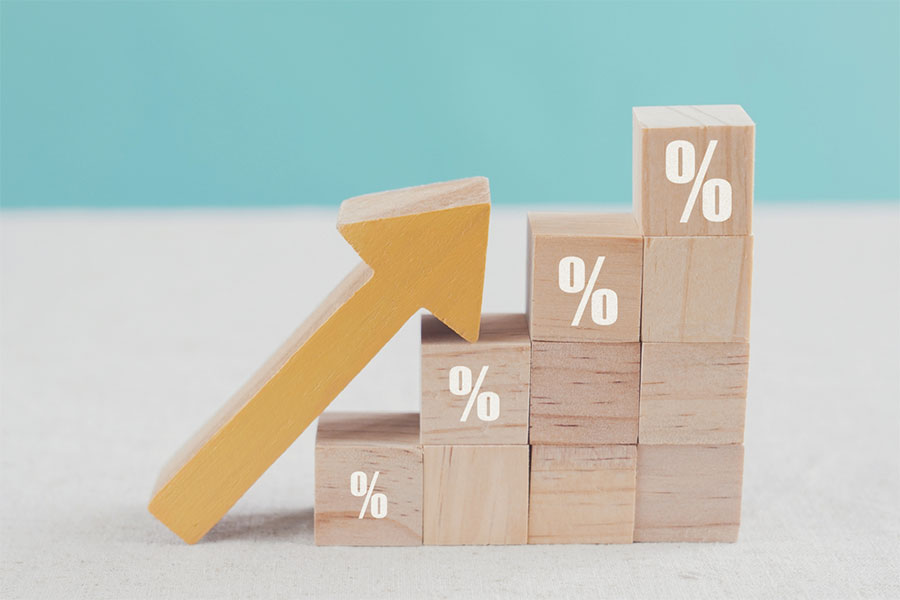
10 Feb The Interest Rate Rise – What Does it Mean?
Last week we were hit with the news that the Bank of England was raising the base rate from 0.25% to 0.5% – effectively doubled; this comes hot on the heels of the announcement that energy bills will increase by 54% in April and a rate rise in December from 0.1% to 0.25%.
Interest rates always make the headlines, for many people they represent an increase in their cost of living and can cause often misplaced panic among the population. We’re going to take a look at what the interest rate increase really means for normal people.
And remember, If you’re looking for a property in Slough and the surrounding area, make sure you give the leading estate agents in Colnbrook a call on 01753 683000 or email us and we’ll help you find your next home.
The Latest Interest Rate Rise
The rise suggests that 2022 could be a tough year for borrowers, with lending becoming more and more expensive. According to financial industry experts, this could be the beginning of a year choc-full of rises, with the potential of interest rates being somewhere near five times the current rate by Christmas 2022.
This latest swathe of bad news, combined with the shock increase in energy prices has left a bad taste in much of the public’s mouth. We will have to wait and see how this increase in the cost of living is going to impact the wider housing market, but it is sure to impact those people who have standard variable rates or tracker mortgages first. Those on fixed-rate mortgages will only see the impact when their term has ended and they look to find their next mortgage product.
The Reality
While any rise in interest rate is generally not positive news, we think that the bigger issue to consider is the hike in energy prices. We believe that it’ll be this sudden jump in energy costs which will harm the housing market. Let’s explain why.
Since 2014, lenders have been introducing more affordability criteria to protect themselves (and the wider industry) from bad debt. This stress test is designed to ensure that homeowners can afford their mortgages at a rate of 6-7%; showing that while a small rate rise might be uncomfortable, but not unmanageable.
The increase in mortgage payments for most people affected by this rate rise is unlikely to be more than £30 per month; while the energy price increase is likely to be closer to double that at an estimated £60 per month for the average property and usage in the UK.
So, yes, the rate has doubled, but in isolation, it really isn’t anything to panic about. Many people will remember in 1979, back when politicians controlled the base rate, the incoming Thatcher government raised the base rate up to 17% and it remained above 10% for many years.
Who will it affect?
Did you know, almost half of all homes in the UK are owned outright, with no finance against them? Of the rest, nearly 75% of homeowners have fixed-rate mortgages which means they won’t be affected until their deals expire.
The rate rise will affect those two million homeowners who are on tracker mortgages or standard variable rates almost immediately as their monthly repayments increase in line with the base rate. We mustn’t dismiss the impact the rise will have across the country – even a rise of a fraction of a percent can heavily affect those individuals and families already struggling.
In isolation a rise in interest rates doesn’t seem like a big deal; but when you add to the mix a country struggling in the wake of Brexit, increasing motoring, shopping, and energy bills; an increase in interest rates is the last thing people need.
Contact Us
If you are in a position to move and are looking to buy, sell or rent a property in Slough and the surrounding areas, we are the leading independent estate agents in Colnbrook and are location experts. So, contact us on 01753 683000 or email us. You can also follow us on Facebook, LinkedIn, and Instagram.

